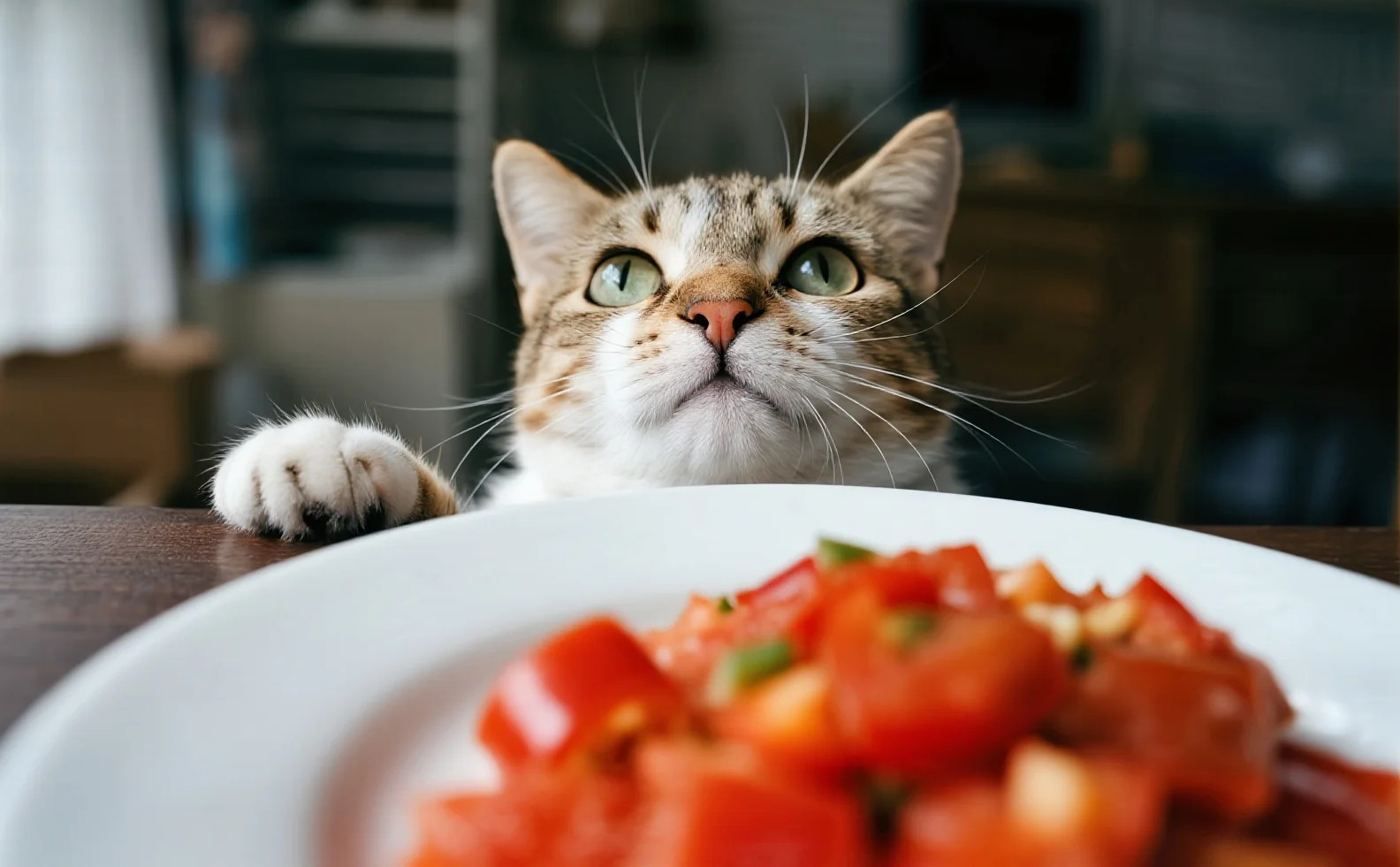When it comes to culinary adventures in our kitchens, many of us enjoy sprinkling various spices to enhance flavor. However, pet owners often find themselves wondering if their feline friends can partake in the same gastronomic experiences. Can cats truly taste spice? This article delves into the fascinating world of feline flavor perception to shed light on this intriguing question.
Table of Contents
The Basic Flavor Preferences of Cats
Cats are obligate carnivores, which means their diet predominantly consists of meat. Unlike humans, whose taste buds are finely tuned to appreciate a variety of flavors, cats possess a significantly different palate. Cats have around 470 taste buds compared to humans’ approximately 9,000.
Moreover, they lack the taste receptors for sweetness, meaning they don’t experience sugary flavors the way we do.
Felines are primarily driven by their need for protein, which informs their taste preferences—lean meats, fish, and poultry. Unlike spices, these flavors are more aligned with a cat’s natural dietary needs.
Understanding Spice and Its Effect on Cats
Spices are derived from plants and can encompass a wide range of flavors, from the heat of cayenne pepper to the aromatic qualities of cinnamon. For humans, spices can enhance and elevate the culinary experience. However, it’s important to consider how these flavors interact with a cat’s complex physiology.
Cats possess a unique olfactory sense, which allows them to detect scents more acutely than humans. While this keen sense of smell plays a crucial role in how they experience food, it does not necessarily mean they can taste the complexities of spices in the same way we do.
Can Cats Taste Spicy Flavors?
The short answer is no; cats do not enjoy spicy foods in the way humans do. Many of the compounds that give spices their heat—such as capsaicin found in chili peppers—can be harsh and irritating to a cat’s digestive system. Unlike humans, who can tolerate such sensations, cats might experience discomfort if they consume spicy substances.
Certain spices, including garlic and onion, are toxic to cats and can lead to serious health issues. It’s important to note that, although some cats may show curiosity towards spicy foods, this does not mean they enjoy or appreciate the flavor. Instead, their exploratory behavior is more about their natural instinct to investigate new scents and sights.
The Risks of Spicy Food for Cats
Feeding your feline spicy food can lead to more than just disinterest in the flavor. Cats who consume spicy substances may experience gastrointestinal upset, which can manifest as vomiting, diarrhea, or nausea. Long-term exposure to harmful spices can also result in damage to red blood cells and anemia.
To keep your cat healthy and safe, it’s best to stick to foods specifically designed for feline consumption. If you’re tempted to share your culinary creations, it’s a good practice to let them sample human food options that are safe, such as plain cooked chicken or certain types of fish, while avoiding anything that contains spices.
Why Cats Severely Dislike Citrus and Strong Flavors
Interestingly, while most spices seem to be off-limits for our furry companions, citrus fruits present a unique case. Many cats exhibit an instinctive aversion to citrus smells. This is not necessarily related to taste but rather to their sensitive noses. The compounds in citrus fruits can be overwhelming to them, which is why many commercial cat repellents use citrus scent as a deterrent.
Strong flavors, particularly those that are bitter or acrid, can also be unappealing to cats. This reaffirms the idea that cats are wired to prefer certain types of flavors—specifically those that correlate with their carnivorous diet.
The Importance of Proper Nutrition for Cats
Given that cats are attracted to the aroma of their food, their primary interest should lie in protein-rich sources. Incorporating high-quality cat food that features meat as the first ingredient is key to maintaining their health and well-being.
Many pet owners explore the world of cat treats, which can include ingredients like fish, chicken, and liver. These flavors are far more suited to cats and can cater to their discerning palates. Always ensure that any treats offered do not include harmful ingredients or excessive additives.
Conclusion: Respecting Our Cats’ Culinary Needs
In conclusion, cats cannot taste spices in the same way that humans can. Their unique physiology and dietary preferences dictate what they enjoy and what might pose a risk to their health. While exploring diverse flavors can be a delightful experience for humans, it is essential to respect and accommodate the specific culinary needs and tastes of our feline companions.
In summary, rather than experimenting with spices, focus on providing a nutritionally balanced diet specifically designed for cats. This approach ensures that your furry friend enjoys every meal while remaining healthy and content. By recognizing the limits of a cat’s culinary palate, we can foster a safer and more enjoyable environment for our beloved pets.
